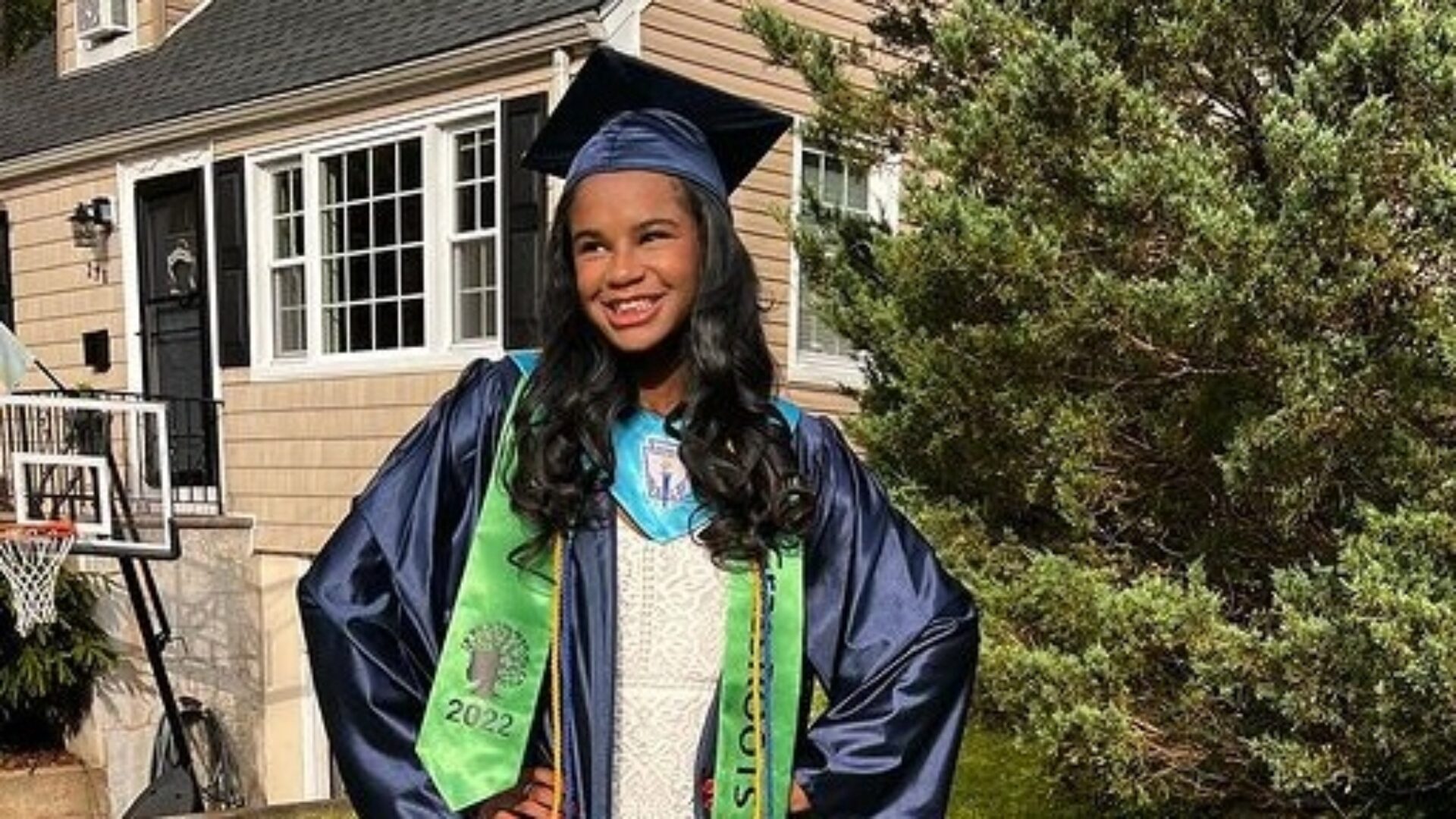
Gen-Z activist and author Marley Dias, 17, always saw the importance of problem-solving in our society and trying to improve things for the next generation. Although she never specifically had an interest in politics, she knew certain things stood out to her in school regarding politics and teaching students. “I’ve become interested in politics because of my passion for education and not necessarily government itself,” Dias told Girls United.
Her passion for education has always been a part of her life since she created her #1000BlackGirlBook Campaign in 2015. When she was only 11 years old, Dias noticed the lack of Black girls being the main characters in books and decided to create her own database where she collected and donated novels showcasing Black girls with all the main character energy.
“The #1000BlackGirlBooks campaign is not only a movement for representation but literacy and helping kids use their passions and frustrations to change the world,” she said. As the years have gone by, Gen Z’ers worldwide experienced things that caused them to be bold and use their voices to express their frustrations, especially regarding voting. Dias is an ambassador for The Body Shop’s three-year ‘Be Seen. Be Heard.’ campaign working to register first-time voters and ensure the voices of her generation are heard on the policies that affect them.
According to Pew Research Center, in 2020, younger voters traditionally turned out to vote at lower rates than their older counterparts, as turnout tends to increase with age. Three in ten Gen Z eligible voters cast ballots in the 2018 midterm election – lower than the share of Millennial eligible voters who turned out (42%) and substantially below the rate for all eligible voters (53%).
“Gen Z has proven to be a group that strongly advocates for change and equity [and] more of our freedoms are at stake on this year’s ballot, further affecting the future of the youth,” Dias told GU. The various trials and tribulations that Gen Z’ers have endured only push them to be as vocal as possible even after the midterm elections and continue to be the changemakers. “It is crucial for Gen Z to be change makers because age is not a condition for the validity and importance of an individual’s experience,” Dias said.
Throughout the voting season, Marley continues to use her platform to enforce and inform her generation about their vote when engaging community members. “Voting is a right that has only been granted to people who look like me less than 100 years ago and will be essential to further progress,” she said. “I am not able to vote yet, but I have continued to remind them and provide resources to vote.”
Like any 17-year-old, Marley still struggles with her mental health due to watching and experiencing the chaos happening in the world. “I [struggle] to find balance in such a significant transition period of my life. It is important for me to try and use affirmations and journaling to help my mental health,” she said.
All in all, Marley is still hopeful for the future and wants Black girls to see themselves as our future leaders and even become those leaders themselves. “We all deserve a win, and our ability to show up in the polls helps determine that,” she said.
About Kenyatta: Kenyatta Victoria is an entertainment and culture reporter passionate about music, pop culture, and marginalized stories. She has bylines in publications such as Chicago Reader, INSIDER, Girls United, TransLash Media, and the Chicago Tribune.